EERA Blog
European Educational
Research Association
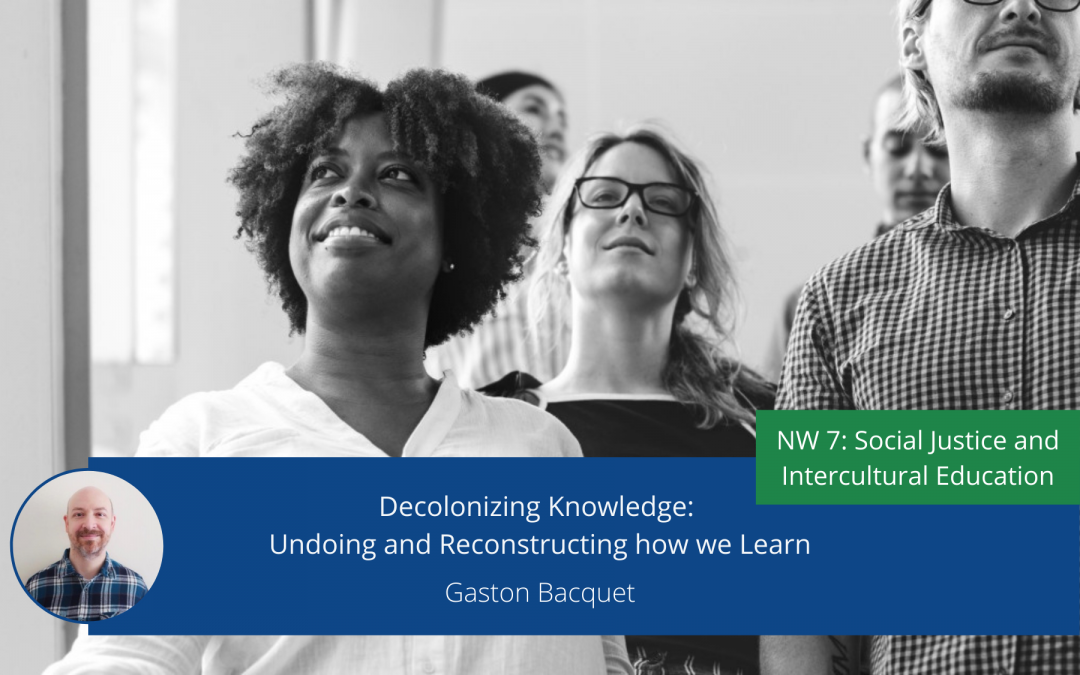
Decolonizing Knowledge: Undoing and Reconstructing how we Learn
When British-Ghanaian philosopher Kwame Anthony Appiah was asked during a lecture about cultural belonging, he suggested avoiding falling victim to the questionable idea that culture belongs to specific groups. Further, if the dubious concept of ‘Westerner’ were to disappear, it needed not be replaced with something else but that we should rather learn to relate to people in different ways, respectful of each other’s differences without an excess of identification. The lecture host (an English woman), cautiously navigating from question to assertion, said in relation to Western civilization, “But what holds us all together are these things you’ve sort of praised: liberalism, human rights,...
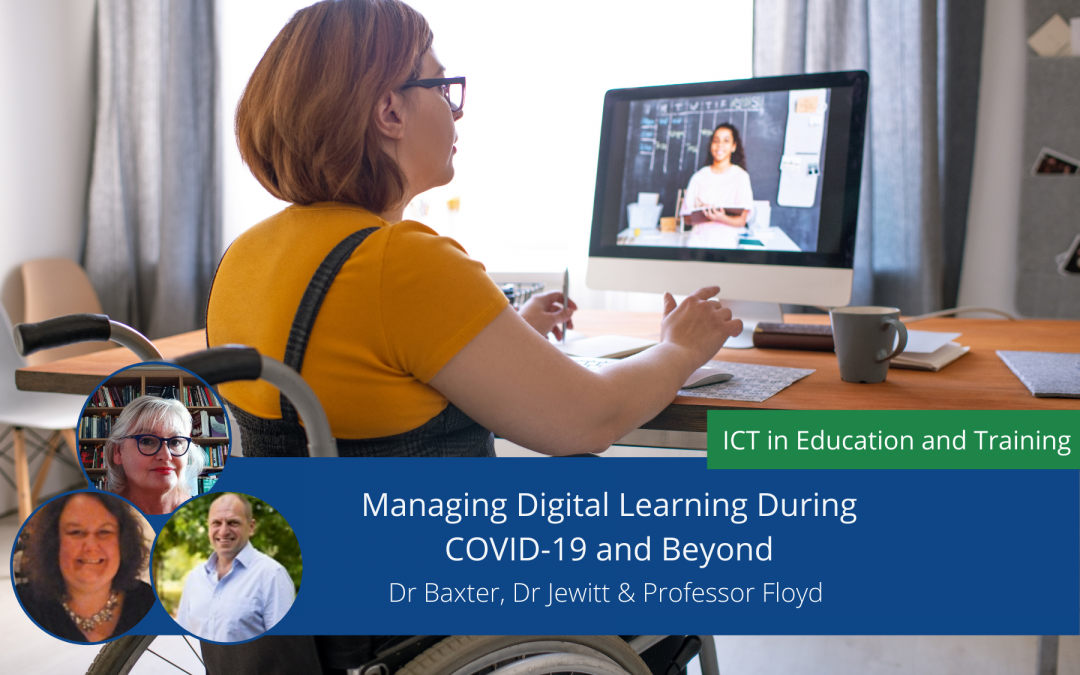
Managing Digital Learning during COVID-19 and Beyond
It is undisputed that Covid has had a massive impact on education and the way it is delivered, both in the UK and internationally. Whilst there have been a number of papers on the ways in which teachers have innovated during this time, and the impact this has had on their workload and mental health, there has been little on how school leaders and their senior teams have taken a strategic overview of online and blended learning. This post takes a look at a funded research project and explores why this area is so important for school leadership, both during the COVID-19 pandemic and beyond. The recent pandemic has led to unprecedented challenges for school leadership teams and their staff....
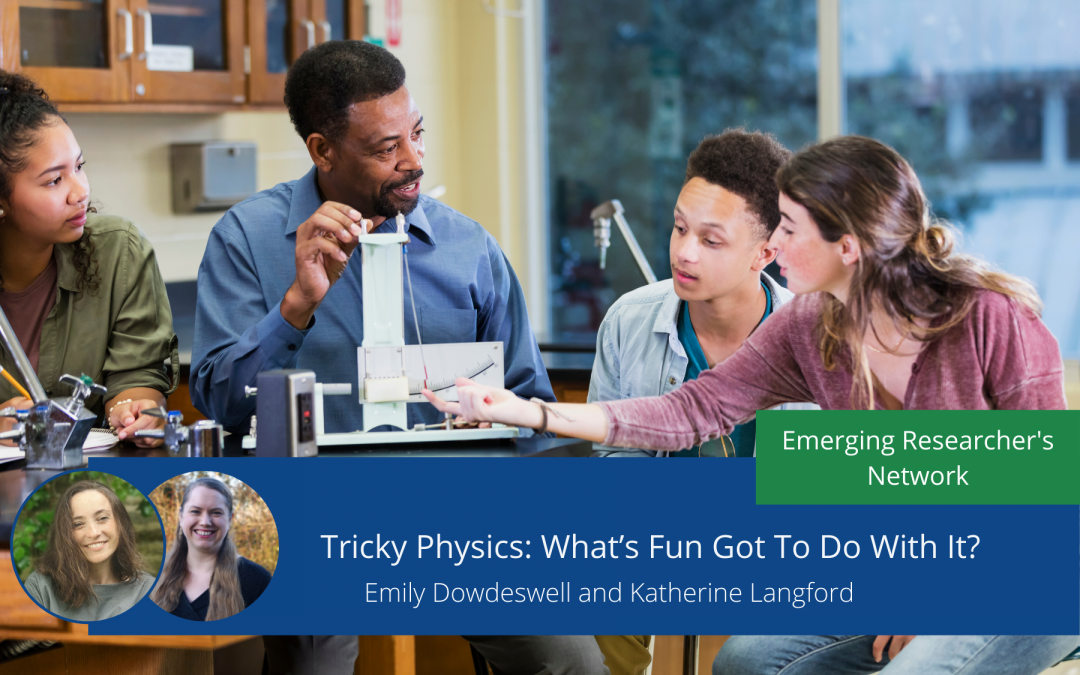
Tricky Physics: What’s Fun Got To Do With It?
When Katherine Langford spoke to six GCSE Physics teachers about the challenges encountered by children in the classroom, they all mentioned the use of fun approaches to learning. Thanks to The Open University’s spaces for interdisciplinary conversations between doctoral students, this caught Emily Dowdeswell’s attention. Emily is currently researching children’s perceptions of ‘fun’ in learning within the RUMPUS research group. While fun is often mentioned in interview data, the concept itself is typically taken for granted, or at face value. Are education researchers and practitioners missing a trick by not engaging with “fun” more deeply? Should studying Physics be more fun? Or is fun...
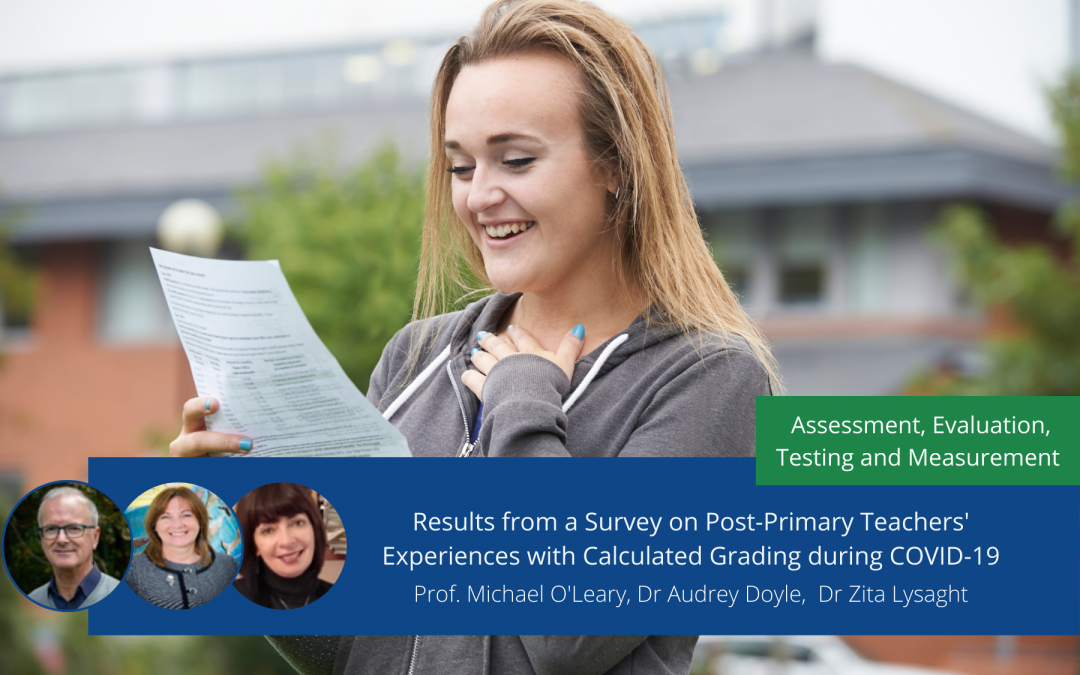
Results from a Survey on Post-Primary Teachers’ Experiences with Calculated Grading during COVID-19
In May 2020, as a result of Covid-19, the high stakes assessment at the end of post-primary education in Ireland (the Leaving Certificate Examination - LCE) was cancelled replaced by a system of calculated grades. In documentation sent to schools, the Department of Education and Skills (DES) made it clear that a calculated grade would result from the combination of two data sets: an overall percentage mark and ranking in each subject awarded to each student by their teacher (the school-based estimation process) data on past performance of students in each school and nationally (the standardisation process) Following the issuing of results to students and the completion of the appeals...
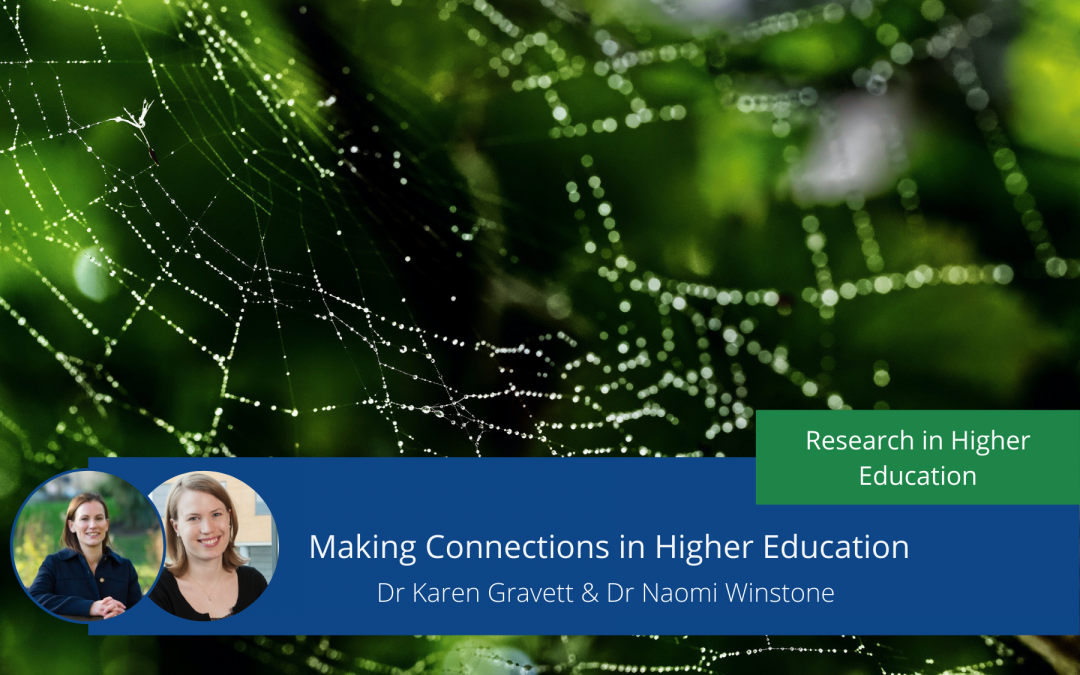
Making Connections in Higher Education
Relational PedagogiesWhat does it mean to teach and learn in higher education today? And more importantly, what should, and could, it mean? These are fundamental questions that speak to the values that underpin our practice, and that shape the cultures we foster and work within and the experiences our students have as they transition into and through university. In recent work, we have suggested that despite the dominant discourses that focus on student satisfaction, that depict higher education as a product, and construct students as consumers, meaningful interpersonal relationships remain of paramount importance to both students and staff. Meaningful connections enable learning, and...

Successful Academic Blogging – or how to pitch and be published on the EERA Blog
If you've got an idea for a blog post, but you are new to academic blogging, we'd like to help. We have collected some tips to help you successfully pitch and publish a post on the EERA blog. Some of these tips are specific to the EERA blog but others will help you pitch to other academic blogs. When we started the EERA blog, one of the goals was to encourage educational researchers to share their work. As Professor Oksana Zabolotna put it, there is a wealth of insightful educational research stuck on 'dusty bookshelves'. We wanted to throw open the doors of the libraries and free the ideas of researchers from across the EERA family. Some of our contributors are established academic...
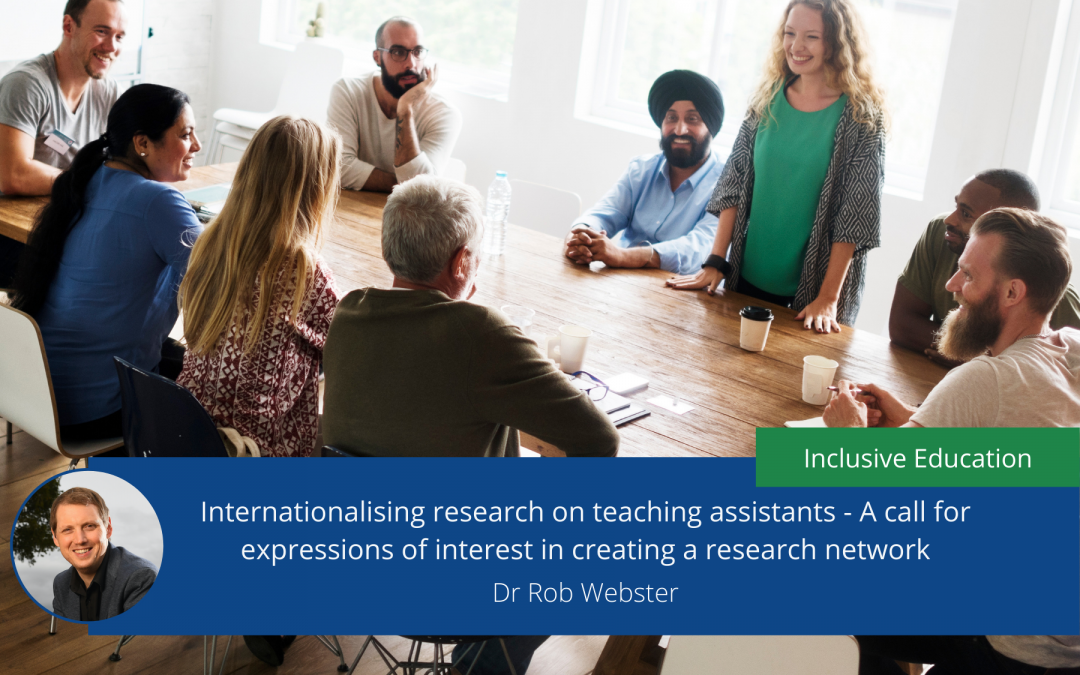
Internationalising research on teaching assistants: A call for expressions of interest in creating a research network
Across the globe, the drive towards the inclusion of pupils with special educational needs (SEN) in mainstream schools has become contingent on the creation and utilisation of a paraprofessional workforce, commonly known as teaching assistants or teacher aides (TAs). Australia, Sweden, Canada, Finland, Ireland, New Zealand, the US, and the UK have all experienced large increases in this section of their education workforce over the last quarter-century. It is claimed that in many territories, policies of inclusion and provision for pupils with SEN rely heavily on this ‘non-teaching’ workforce (Masdeu Navarro, 2015). And recent evidence from the UK shows how vital TAs have been to keeping...
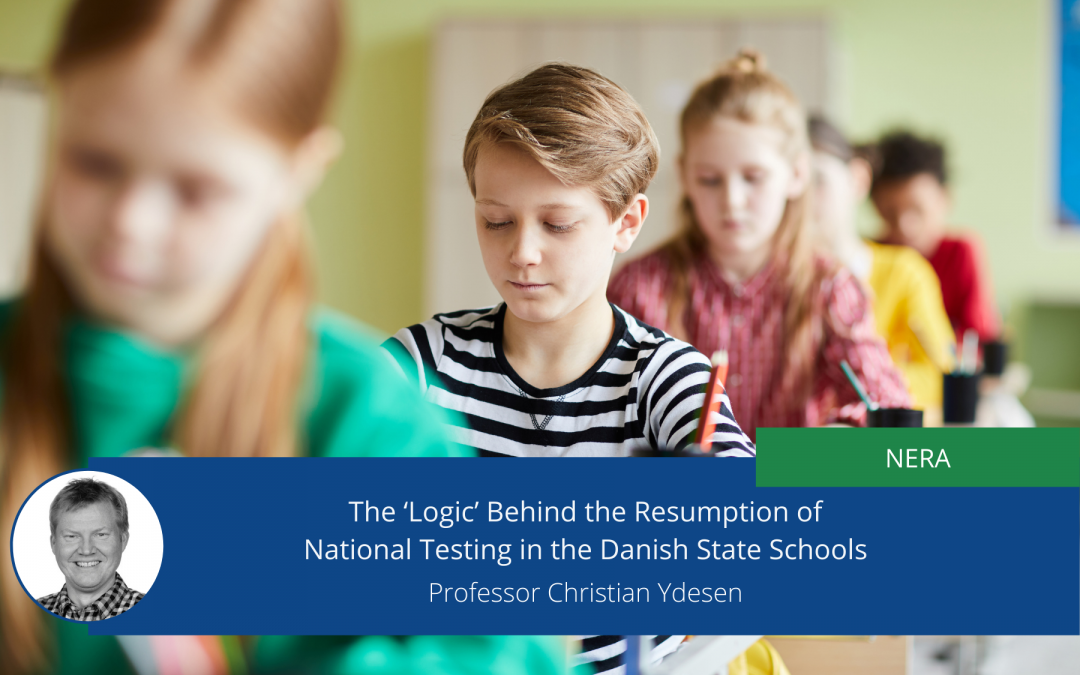
The ‘Logic’ Behind the Resumption of National Testing in the Danish State School System
On the 1st of February, the Danish Minister of Education, Pernille Rosenkrantz-Theil, announced that national testing would be resumed as of March 1st to evaluate the “learning loss” that has arisen in connection with the lockdown of state schools in Denmark. What is the logic behind this decision, and what does it say about the political priorities in relation to primary schools? The Danish Minister’s announcement that national testing must be resumed immediately after the reopening of public schools has not been well received by the Danish Union of Teachers and many individual teachers. For example, in an interview with the Danish radio station P1, teacher Anne Hammer pointed out that...
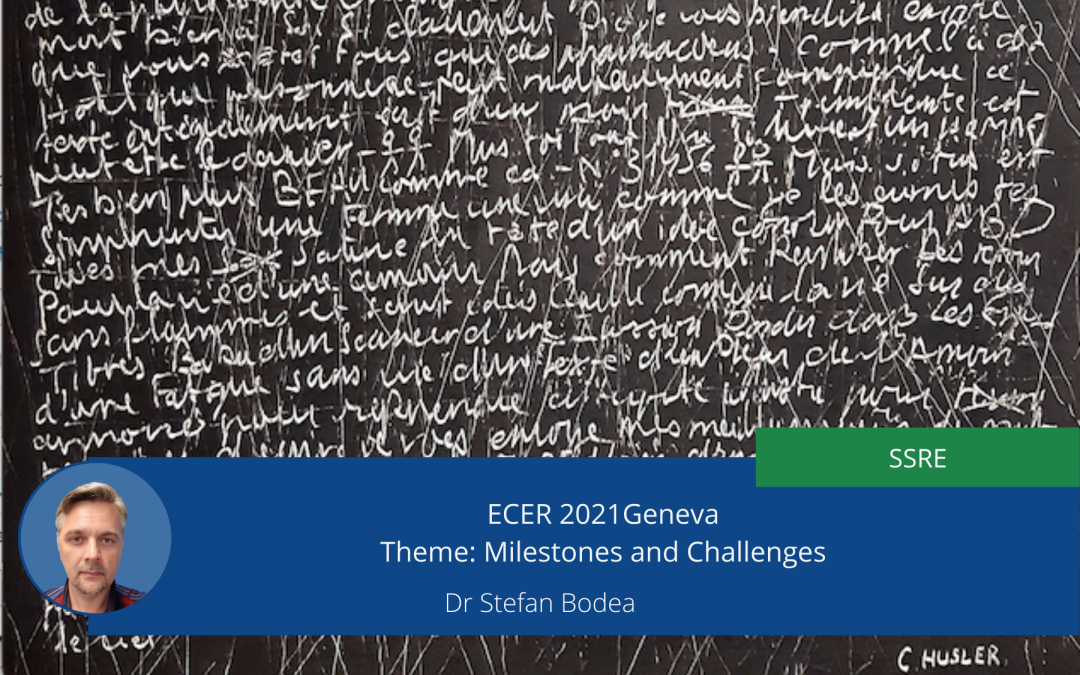
ECER 2021Geneva – Theme: Milestones and Challenges
ECER 2021 Geneva will focus on ‘Education and Society: expectations, prescriptions, reconciliations’. How relevant is this theme today in this specific context? Why is the city of Geneva a fertile ground in the field of education and of the development of the individual for hosting debates on reconciling societal expectations (sometimes disparate, diffracted or even contradictory) with the realities on the ground, and the needs of those involved in education, teaching and training? This contribution from Dr Stefan Bodea aims to provide some socio-historical and cultural milestones which should support decanting the essence of the Geneva call for contributions covering this theme: an...
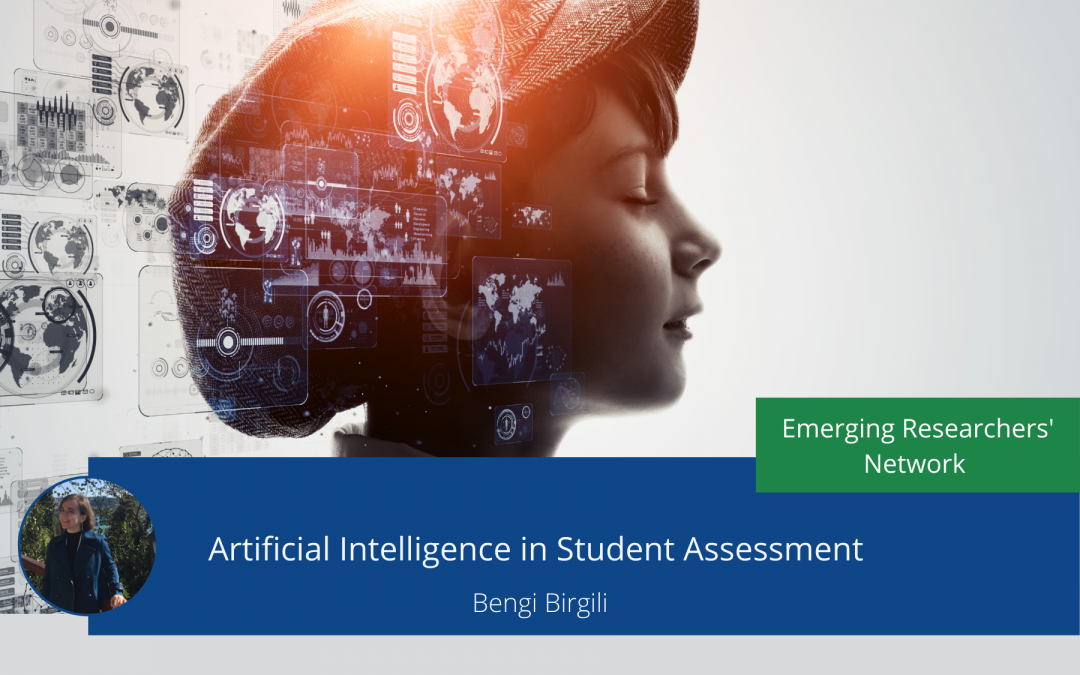
Artificial Intelligence in Student Assessment: What is our Trajectory?
Bengi Birgili is a Research Assistant in the Mathematics Education Department at MEF University in Istanbul. Here she shares her research and insights into the development of Artificial Intelligence applications in the field of education and explains the current trajectory of AI in the Turkish education system. As a mathematics teacher and doctoral candidate in educational sciences, I closely follow the latest developments in Artificial Intelligence (AI) applications in the field of education. Innovations in AI become outdated within a few months because of the rapidly increasing studies on image processing, speech recognition, natural language processing, robotics, expert systems, machine...
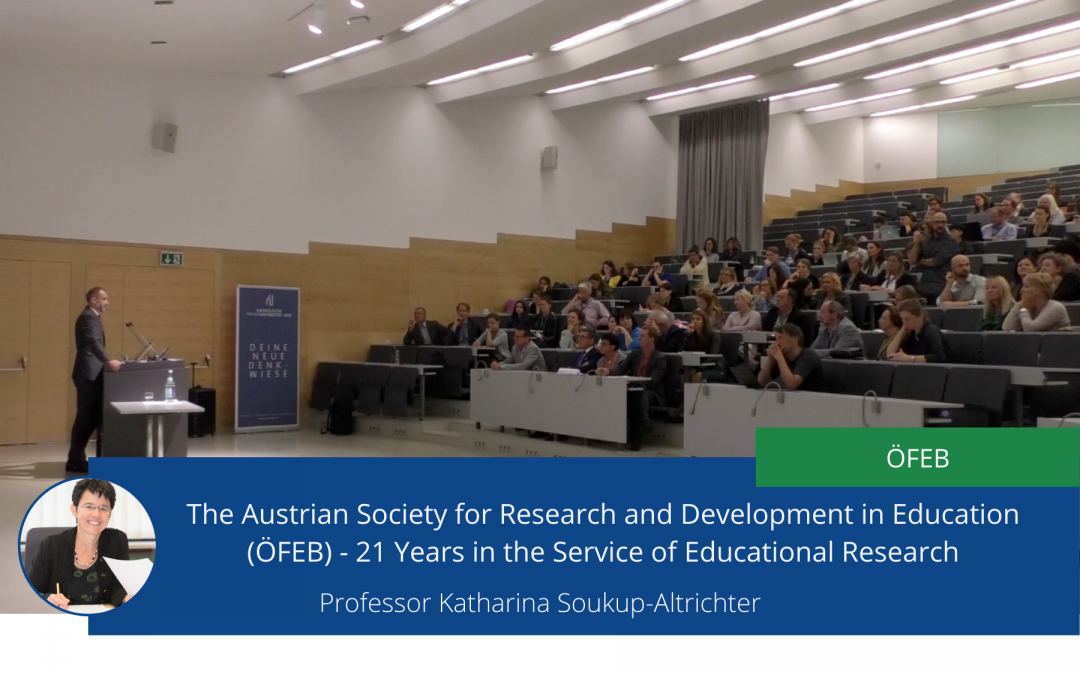
21 Years of The Austrian Society for Research and Development in Education (ÖFEB)
Twenty-one years ago, on March 31st, 2000, the Austrian Society for Research and Development in Education (Österreichische Gesellschaft für Forschung und Entwicklung im Bildungswesen; ÖFEB) was founded during a conference on teacher education in Vienna. The decision to develop a national educational research association had been taken half a year earlier during another conference where the need for an association of educational researchers was voiced. The founding meeting was attended by 16 persons; in the autumn of the first year, the Society had 60 members. The composition of the first executive board of directors already showed a major intention of the Society, namely to promote and...
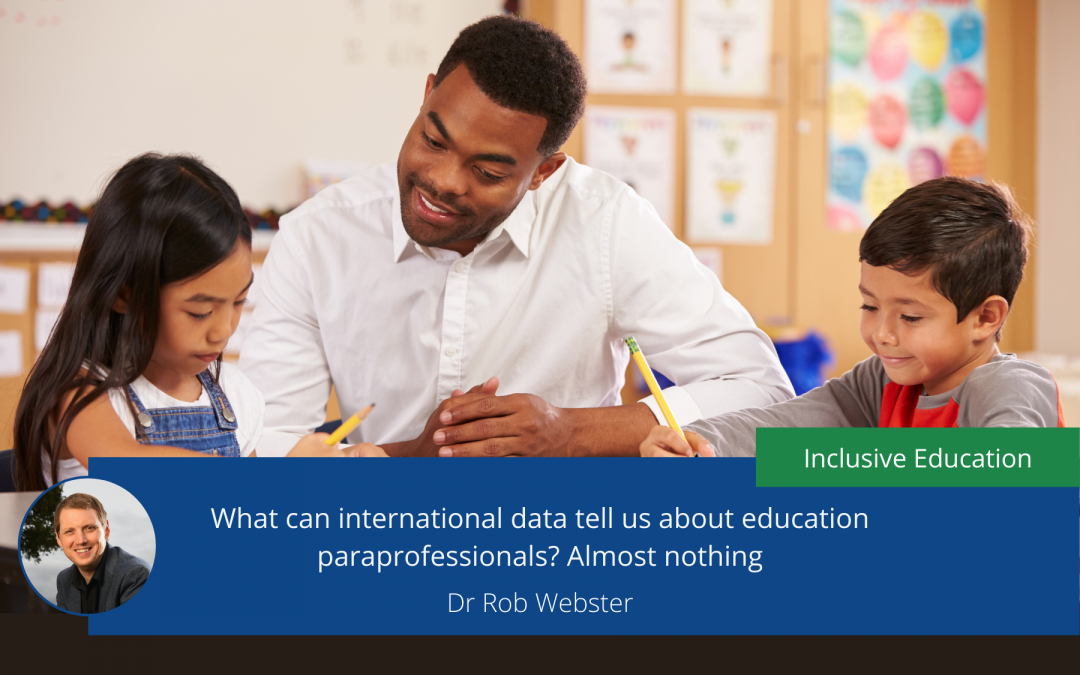
What can international data tell us about education paraprofessionals? Almost nothing
In many schools and classrooms across the globe, the drive towards the inclusion of pupils with special educational needs (SEN) in mainstream schools has become contingent on the creation and utilisation of a relatively new paraprofessional workforce, known variously as teaching assistants or teacher aides (TAs). It is claimed that in many countries, policies of mainstreaming pupils with SEN rely heavily on this ‘non-teaching’ workforce (Masdeu Navarro, 2015). The intertwining of inclusion and TAs leads to the view that TAs have become ‘the mortar in the brickwork … hold[ing] schools together in numerous and sometimes unnoticed ways’ (Webster et al., 2021, p2). Its relative intuitiveness –...
Write for the EERA Blog
If you’d like to contribute to the EERA blog, take a look at our Submission Guidelines to find out how to successfully pitch a blog post to our Editorial Team. Then send us a quick email to blog-mail@eera.eu
We look forward to hearing from you
